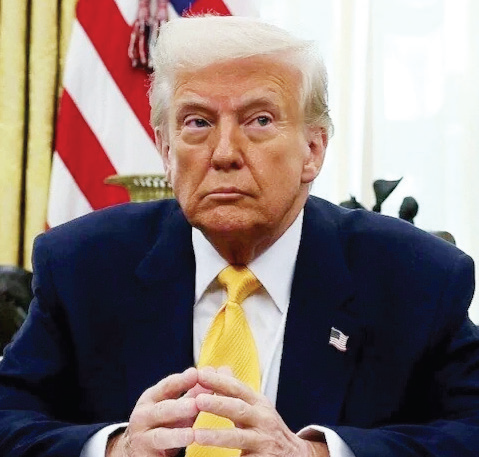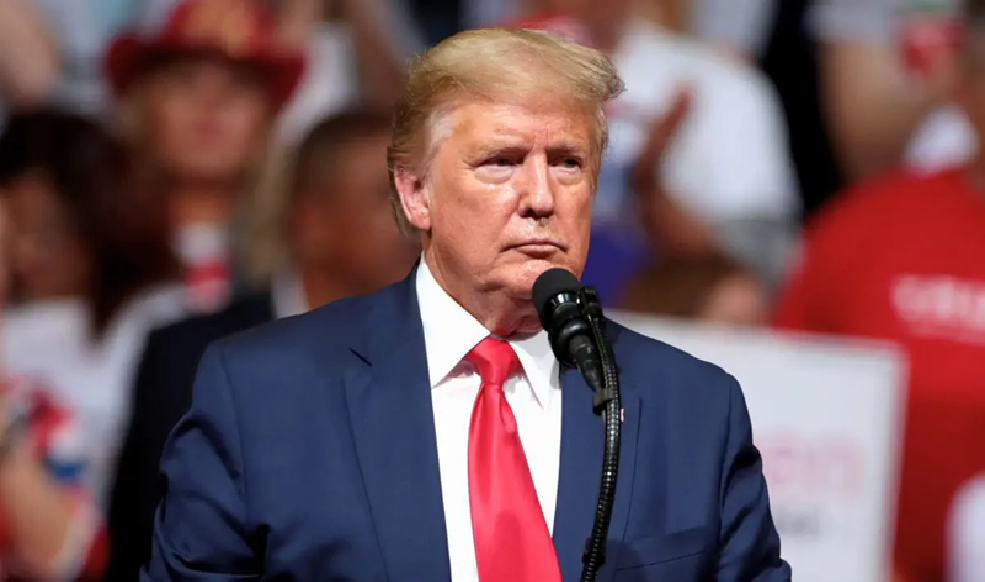
China slams G7 remark; lodges protest at ‘brazen’ interference
Press Trust of India
Beijing: China has lodged diplomatic protests to G7 countries over their Hiroshima joint statement, in which they voiced their growing concerns over China's coercive approaches over Taiwan, East and South China seas, and accused them of brazen interference in its internal affairs.
China figured prominently in the Hiroshima summit meeting of the leaders of G7 countries. The G7 comprising the US, France, the UK, Italy, Germany, Canada and Japan, represent the world's richest democracies.
The joint statement devoted a substantial portion to China, saying that they would like to build constructive and stable relations with Beijing besides expressing serious concerns over China's aggressive approaches over Taiwan, East and South China seas. They stressed the need to cooperate with the world's second-largest economy but also emphasised countering its “malign practices” and “coercion” in a landmark joint communique Saturday.
The G7 leaders also voiced their concer ns about human rights in China, including in Tibet, Hong Kong and Xinjiang, where Beijing is accused of interning thousands of Uygur Muslims in forced labour camps. “Despite China's serious concerns, the G7 used issues concerning China to smear and attack China and brazenly interfere in China's internal affairs," a spokesperson of the foreign ministry here said in a statement last night.
“China strongly deplores and firmly opposes this and has made serious demarches to the summit's host Japan and other parties concerned," the statement. Besides urging China to pressure its close strategic partner Russia to end its war on Ukraine, the G7 nations in the joint statement spoke of their interest to build “constructive and stable relations” with Beijing, “recognising the importance of engaging candidly with and expressing our concerns directly to China.”
"We encourage China to support a comprehensive, just and lasting peace based on territorial integrity and the principles and purposes of the UN Charter,” including in direct talks with Ukraine, the G7 joint statement said. Cooperation with China is needed given its global role and economic size, it said, and called for working together on challenges such as climate change, biodiversity, debts and financing needs of vulnerable countries, global health concerns and economic stability, it said.
At the same time, the summit of the leaders of seven wealthy democracies expressed “serious concern” about the situation in the East and South China seas, where Beijing has been expanding its military presence and threatening to use force to exert its control over Taiwan, which it claims is part of the Chinese mainland.
The G7 leaders called for a “peaceful resolution” of China's claim to Taiwan and said there was “no legal basis for China's expansive maritime claims in the South China Sea and we oppose China's militarisation activities in the region.” “A growing China that plays by international rules would be of global interest,” the statement said, alluding to charges that Beijing is undermining the “rules-based international order.”
In its statement, the Chinese foreign ministry late Saturday took exception to references to Taiwan saying that G7 leaders are hyping up China-related issues and harped on the 'One China' policy in relation to Taiwan. “Resolving the Taiwan question is a matter for the Chinese, a matter that must be resolved by the Chinese," the Chinese spokesperson's statement said.
“The one-China principle is the solid anchor for peace and stability in the Taiwan Strait. The G7 keeps emphasising crossStrait peace, and yet says nothing about the need to oppose “Taiwan independence”. This in effect constitutes connivance and support for “Taiwan independence” forces, and will only result in having a serious impact on cross-Strait peace and stability."
 English daily published in Bengaluru & Doha
English daily published in Bengaluru & Doha






